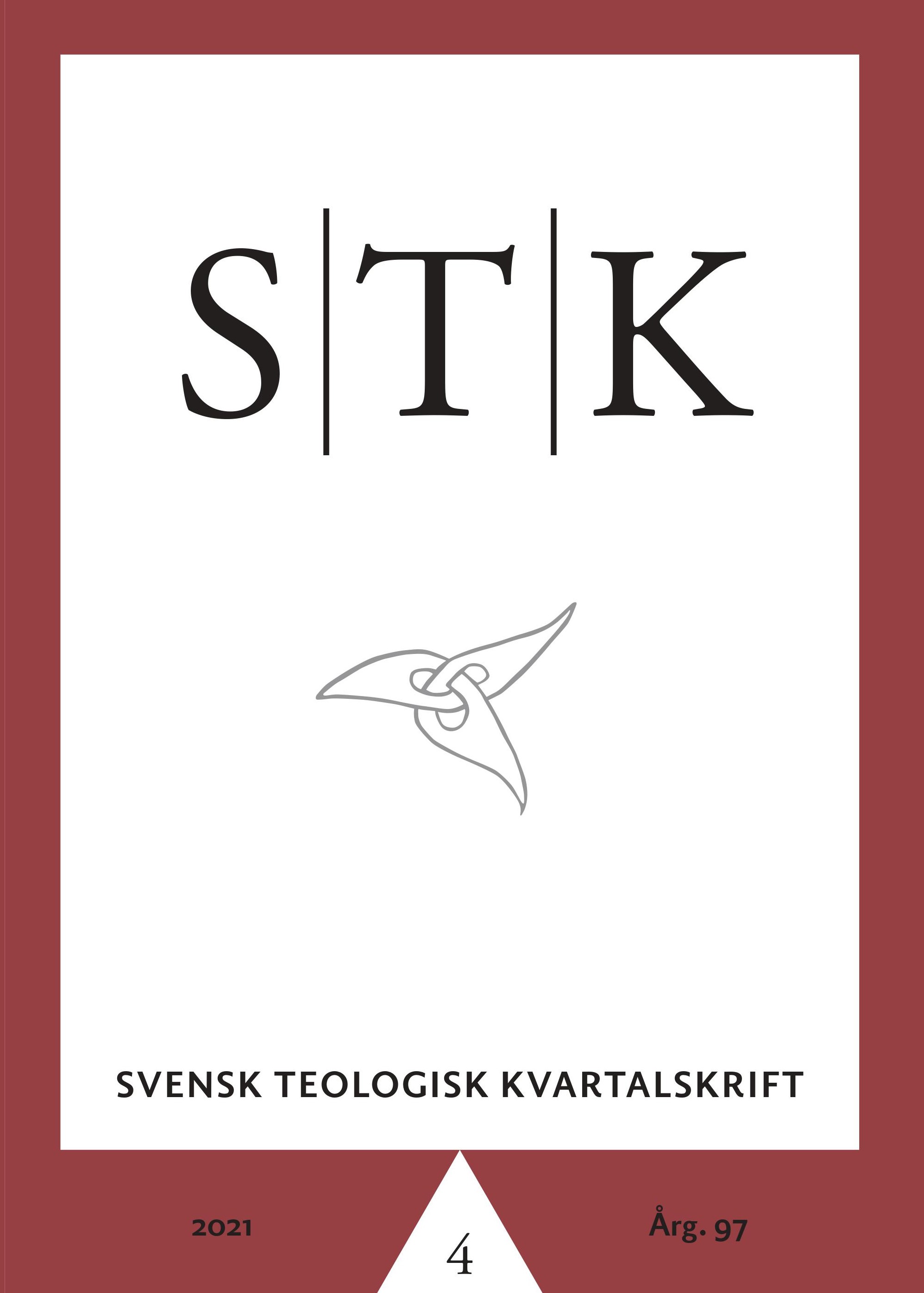"Ett löfte om lycka"
Teologiska perspektiv på den vackra kvinnan som motiv i Honoré de Balzacs novell Det okända mästerverket
DOI:
https://doi.org/10.51619/stk.v97i4.23716Abstract
In this essay, I explore an innovative theme in the interfaces between theology, gender studies, aesthetic theory, and literary studies. More specifically, my aim is to shed light on fundamental theological conflicts underlying the immensely complex subject of the elevated status of "the beautiful woman" as image and idea in Western society. This will be implemented through a close reading of the influential short story of French nineteenth-century novelist Honoré de Balzac, Le Chef-d'œuvre inconnu (The Unknown Masterpiece), from 1831. By virtue of this theologically informed reading, important facets of modern Western society's fantasy of the beautiful woman come to the fore. The essay discloses how this fantasy has far-reaching tentacles and ramifications, by which the beautiful female becomes identified with beauty per se, with art, nature, the divine, and even with life itself. Balzac's short story presents the reader with a strong statement of the scopophilic tendency of Western visual arts, but in its final peripeteia it also provides us with the tools to bring forth a contrary reading, and a direct confrontation with the traditional understanding of the task of the painter.
Downloads
Publicerad
Nummer
Sektion
Licens
Copyright (c) 2022 Anna Sjöberg

Detta verk är licensierat under en Creative Commons Erkännande-Ickekommersiell-IngaBearbetningar 4.0 Internationell-licens.


